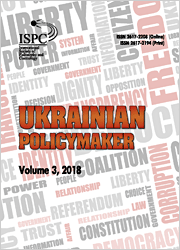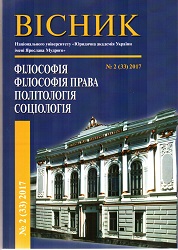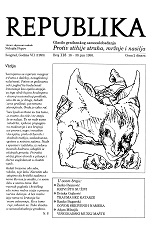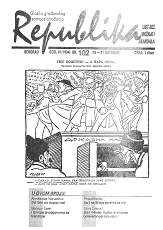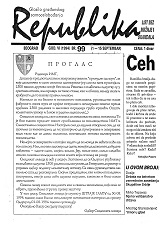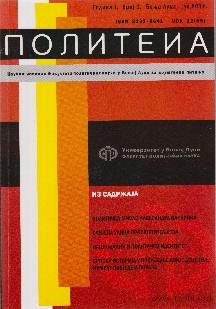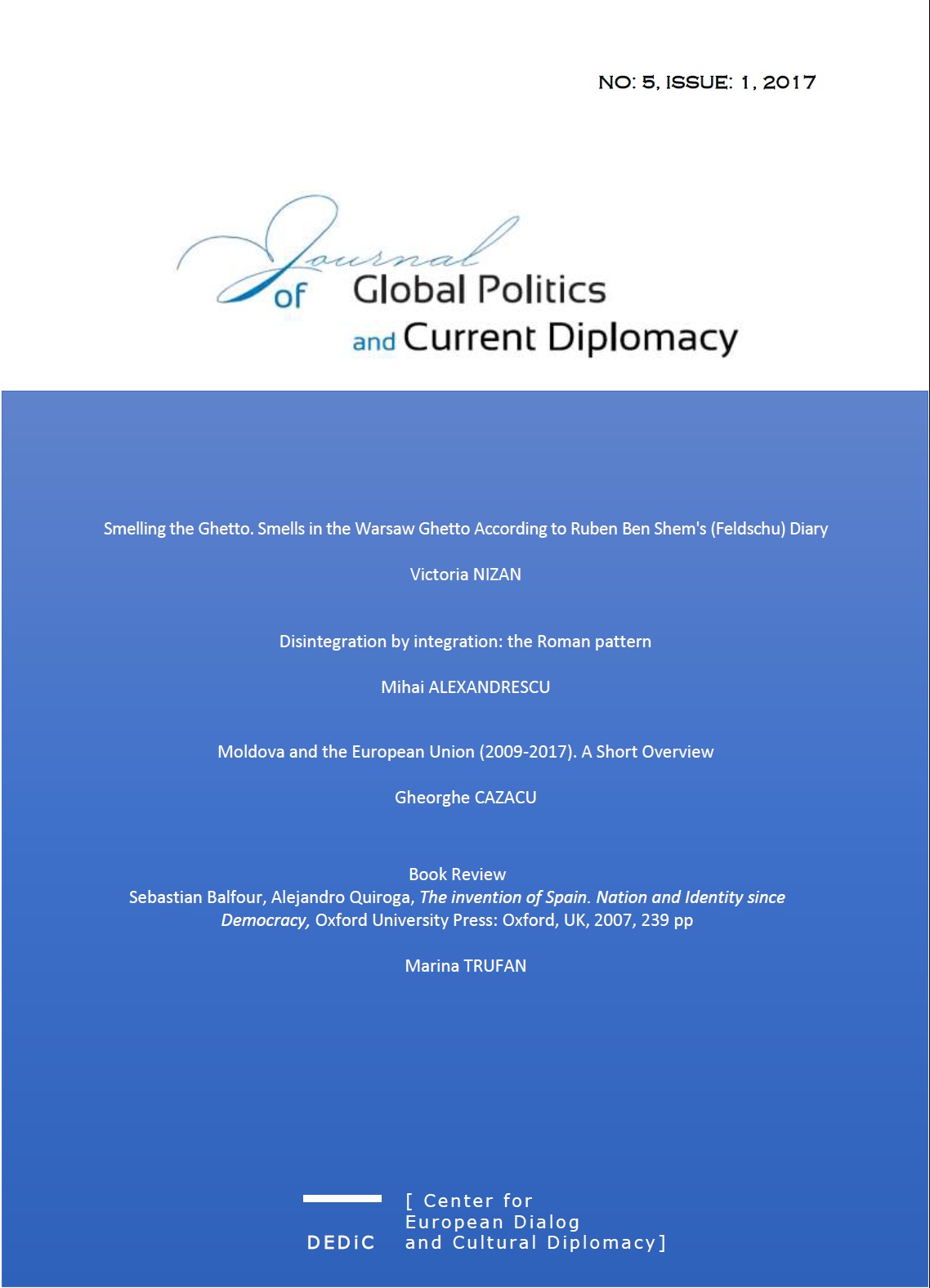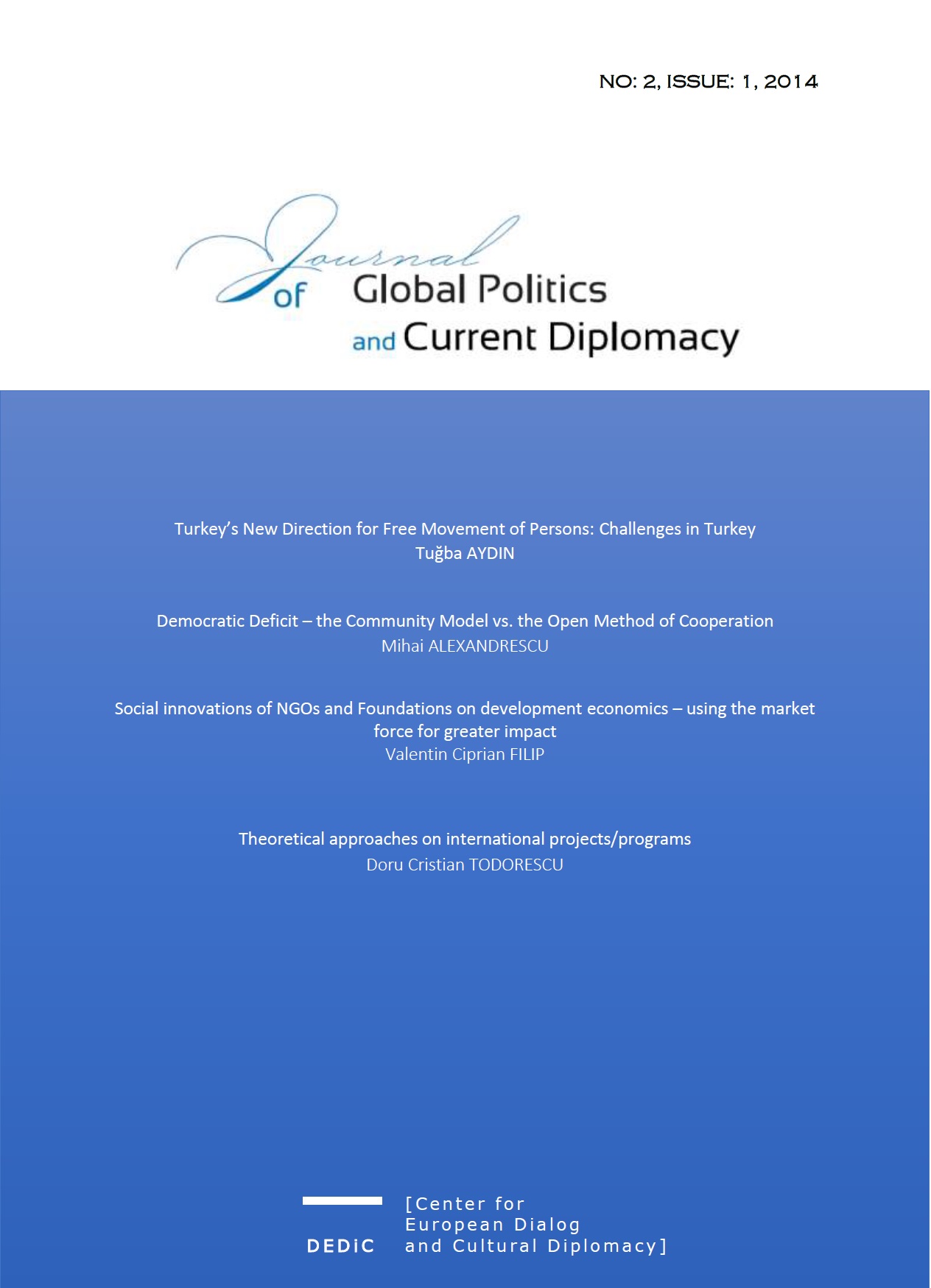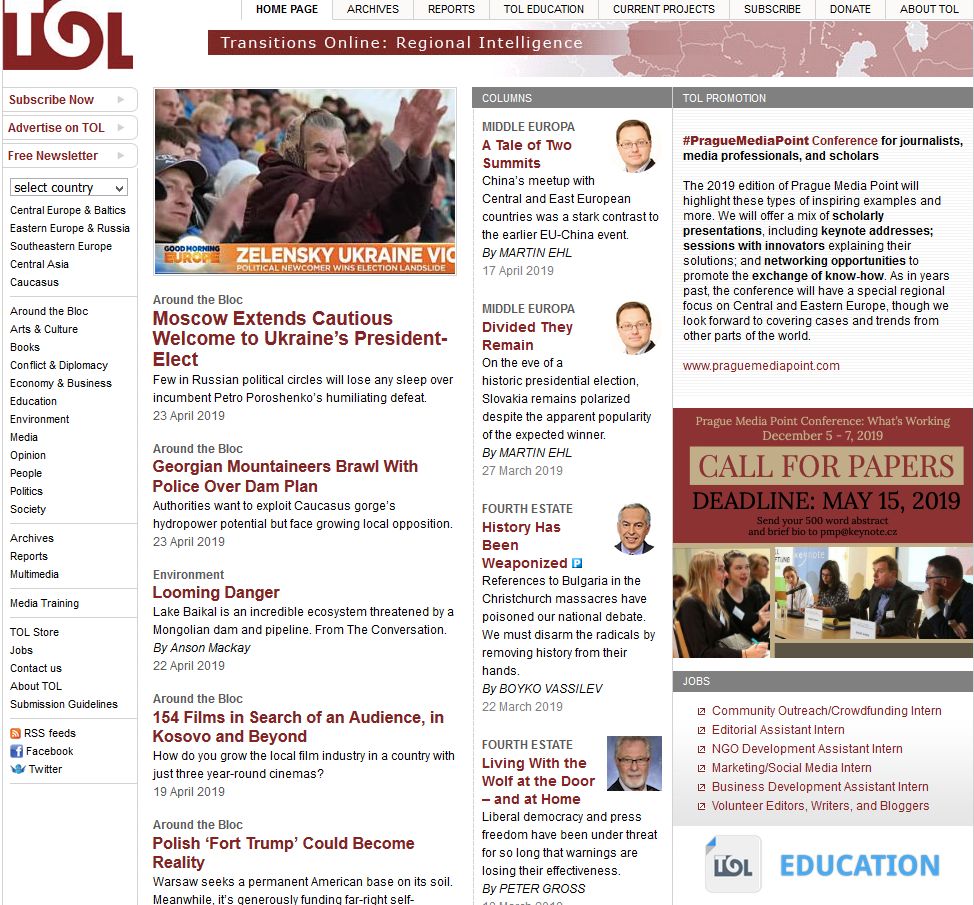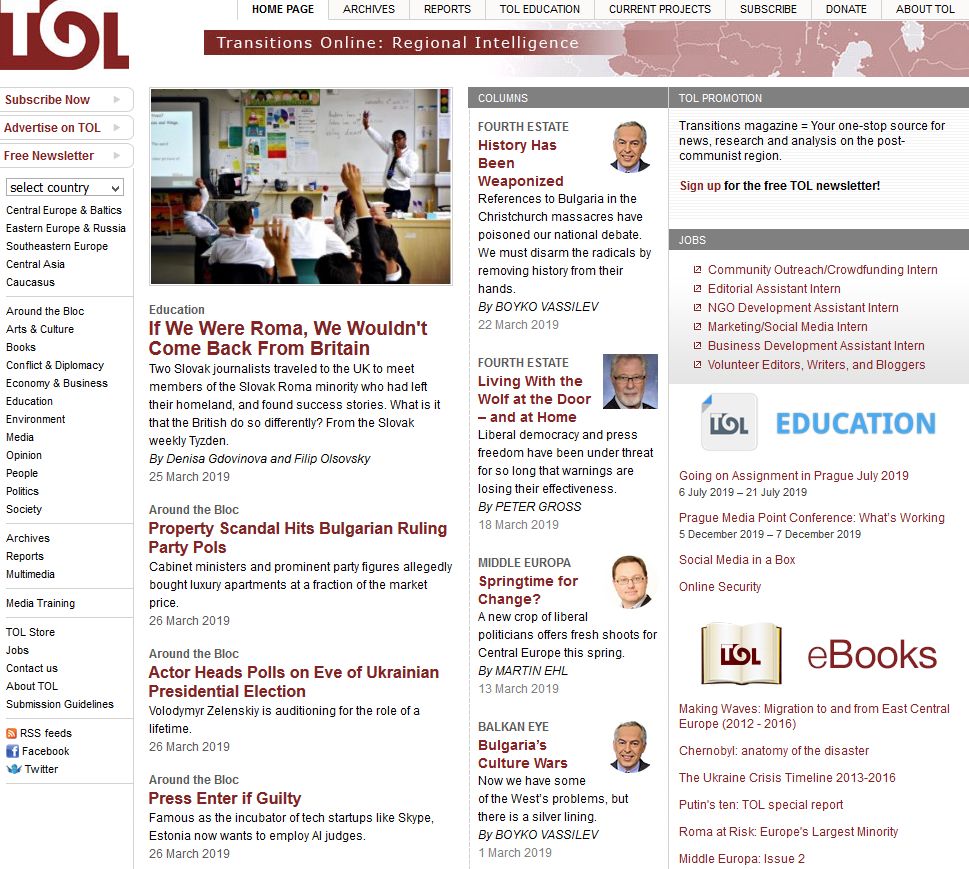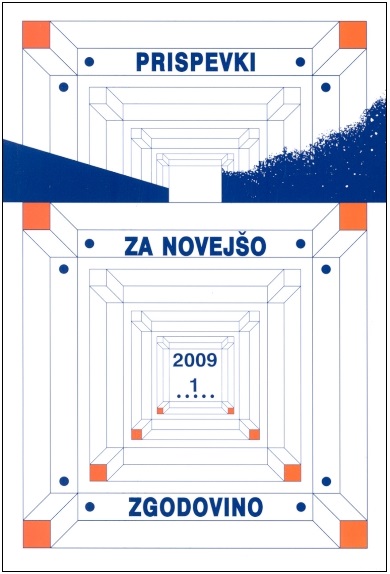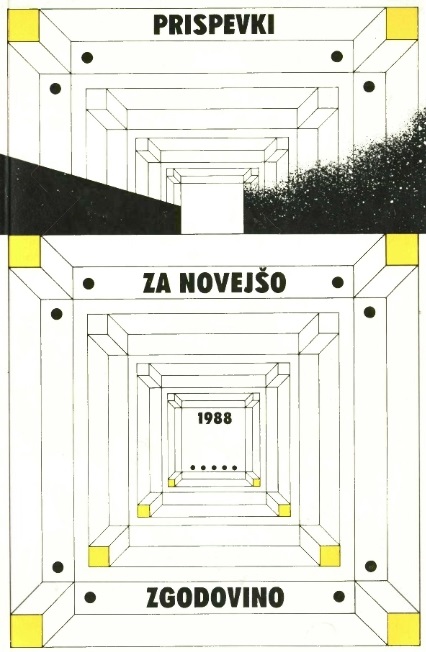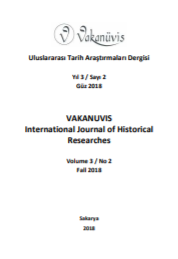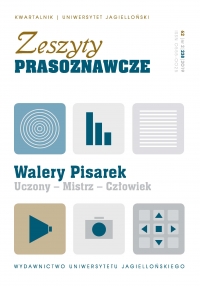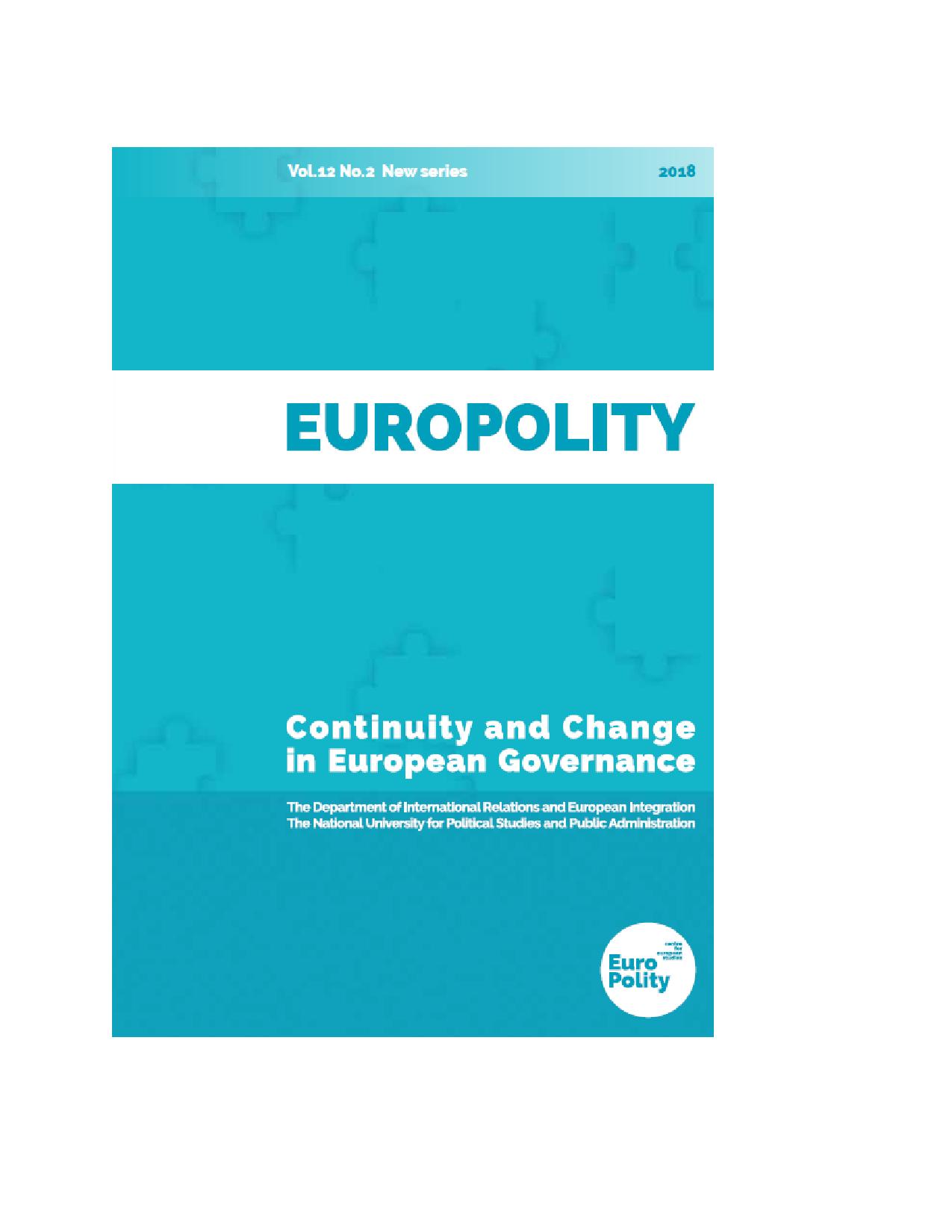
IMMIGRATION AND RACIAL INEQUALITY. THE ITALIAN CASE
The aim of the article is to show how in Italy the traditional inequalities in class, gender and geography have been matched by an inequality linked to immigration, whose causes, forms and social consequences I will analyse here. In so doing I will underline how such inequality linked to immigration is an integral part of the system of social inequalities existing at global level and in particular it is part of the globalization of inequality linked to immigration.Over the last few decades, there has been a deep social transformation at world level which has changed the system of inequalities; new inequalities were created, among which, the inequality linked to immigration is rather important. Historically, this is certainly nothing new, yet we are witnessing a globalization of inequality linked to immigration, which refers to disparities and social advantages that affect immigrant populations and citizens with migratory background. This phenomenon has several causes, but it is mainly due to two elements: the systematic use by several countries of an exploited and stigmatised migrant workforce, kept in a condition of social inferiority and with half the rights of the rest of the population; the globalisation of selective, restrictive and repressive immigration policies. Such process is quite visible in Italy, where inequality based on immigration is the result of the combined action of labour market, legal system, and mass media, which have pursued rationales, which led to the social inferiority and segregation of immigrants. Such inequality involved specific generative mechanisms such as the selection, precarisation and differential exploitation of migrant workers, the creation of a special legislation, the systematic stigmatisation of immigrant populations in the public discourse, the comeback of the rhetoric of assimilation. Such inequality is multidimensional as, from work to health, from living to education, from public images to legal conditions, it affects all aspects of the social life of immigrants; and it is a challenge to social citizenship.
More...
